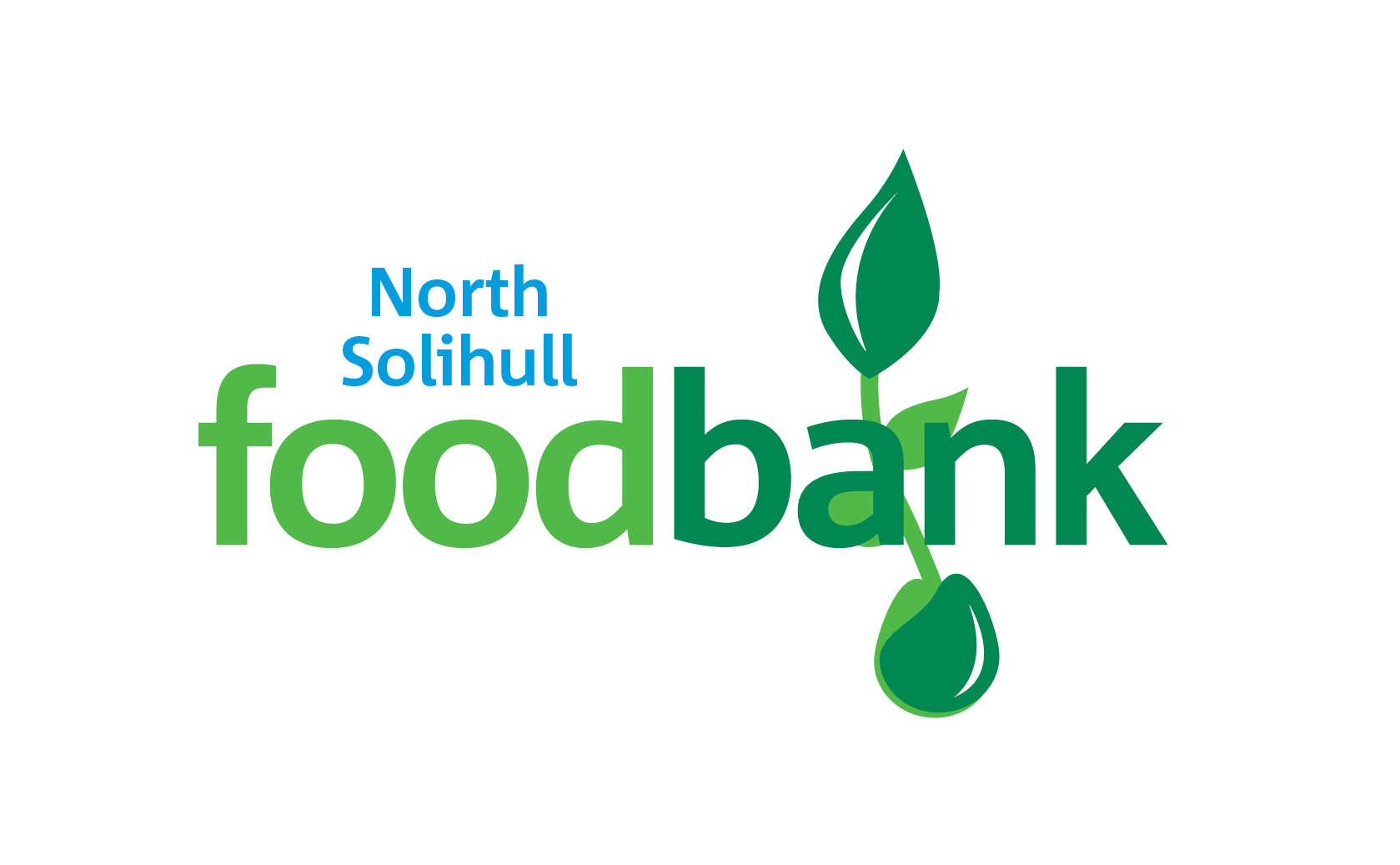News
FIVE REASONS WHY PARTICIPATION IS SO IMPORTANT IF WE’RE GOING TO END THE NEED FOR FOODBANKS
15 August 2022
Share this: facebook link twitter link linkedin link
By David Coffin, Head of Participation at the Trussell Trust
Our vision is to end the need for food banks in the UK and we believe that participation is a vital and growing aspect of our work at the Trussell Trust. So, what do we mean when we say ‘participation’?
At the Trussell Trust we define Participation as:
‘meaningfully engaging people who use a particular service, in the decision making, development and leadership of the service.’
To win hearts and minds, we need to be authentic and inclusive. We must ensure that people who have direct experience of financial hardship have opportunities to shape, lead and influence how we end the need for food banks.
At its heart, participation is about building relationships with people experiencing financial hardship and working with them as partners, to unlock new ways of thinking, generate ideas to drive change and together, seeking shared solutions.
Our work includes people from lots of different backgrounds, ages and locations – we value diverse perspectives and experiences.
Top five reasons for the Trussell Trust to take this approach in our work:
1. It helps inform our current programmes and shape future activities and projects
For example, The Together for Change Panel – a group from across the UK with varied experiences and backgrounds who meet monthly to build relationships and to work with the Trussell Trust on projects focused on Changing Minds, Changing Communities and Changing Policy, which are the three pillars we believe are key to ending the need for emergency food provision in the UK.
2. We are more connected to the issues that people experiencing financial hardship face
Stats and figures can tell us a lot, and are certainly valuable in shaping our work and showing evidence for the need for change, but hearing from someone with lived experience of hardship helps us take a more holistic approach in our work to find solutions.
3. It opens opportunities for new partnership, action, and collaboration
For example, Stand for Change: Young People Against Poverty – is a programme bringing together young people from across the UK to consider how we can work with schools and the media to increase levels of understanding and empathy amongst the general public, to build a movement that is willing to take action to create a just and compassionate society without the need for food banks. Their input is both unique and concerning; not only are they the first generation to grow up with food banks in so many communities across the UK, but unless we work together to create change, future generations will continue to need to turn to charities to get by.
4. It creates space for innovation
Bringing together different experiences, expertise and perspectives unlocks new ways of thinking that helps find the solutions that will support people facing hardship both in the short, and long-term. Having people with lived experience influencing our work means that we can develop and adapt strategies to suit the requirements of people needing support at the right time, in the right way.
5. People feel valued, are heard and can influence, shape and lead our work to end the need for food banks
None of us want someone to speak on our behalf, or come up with solutions to situations we have never experienced. To achieve our vision of a future without the need for food banks, it’s vital that everyone’s voice is heard.
